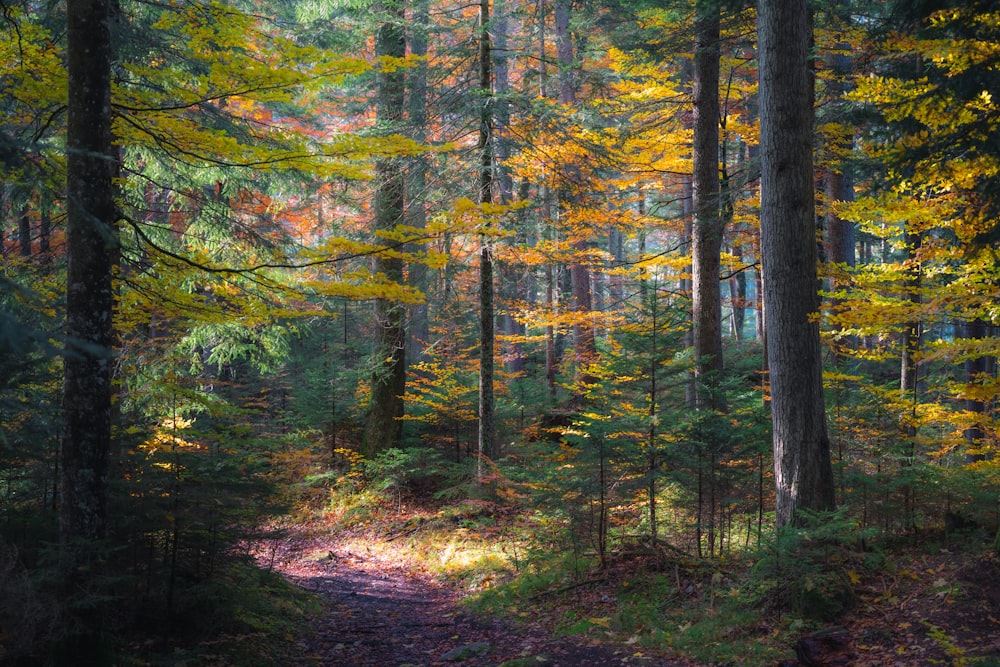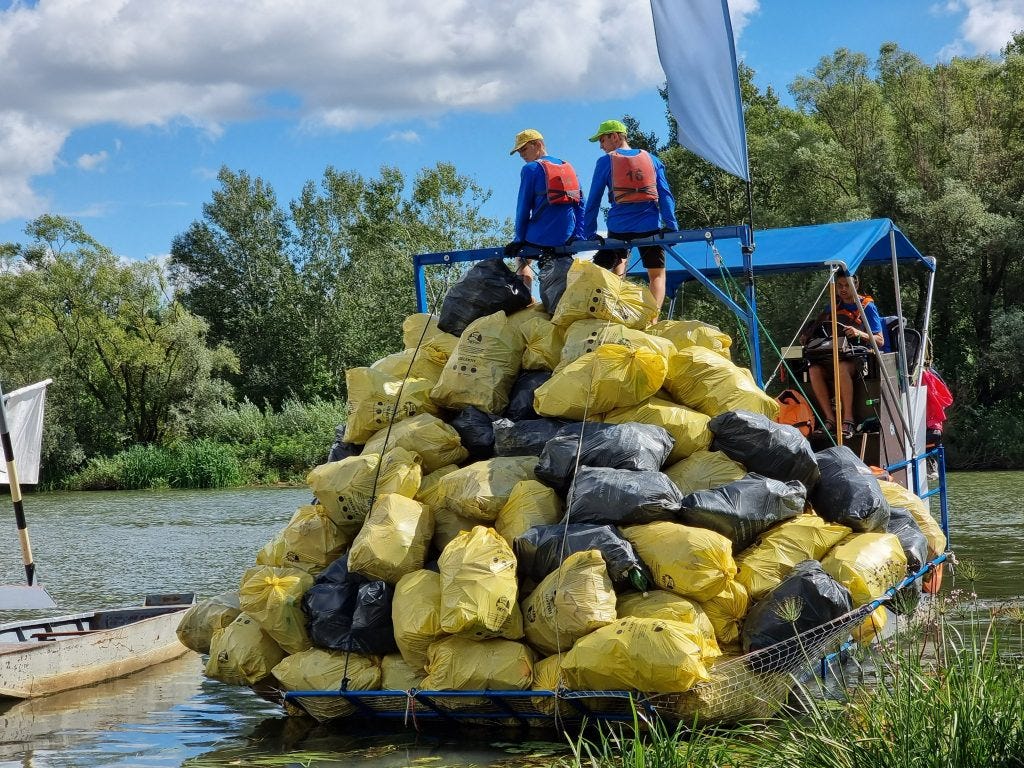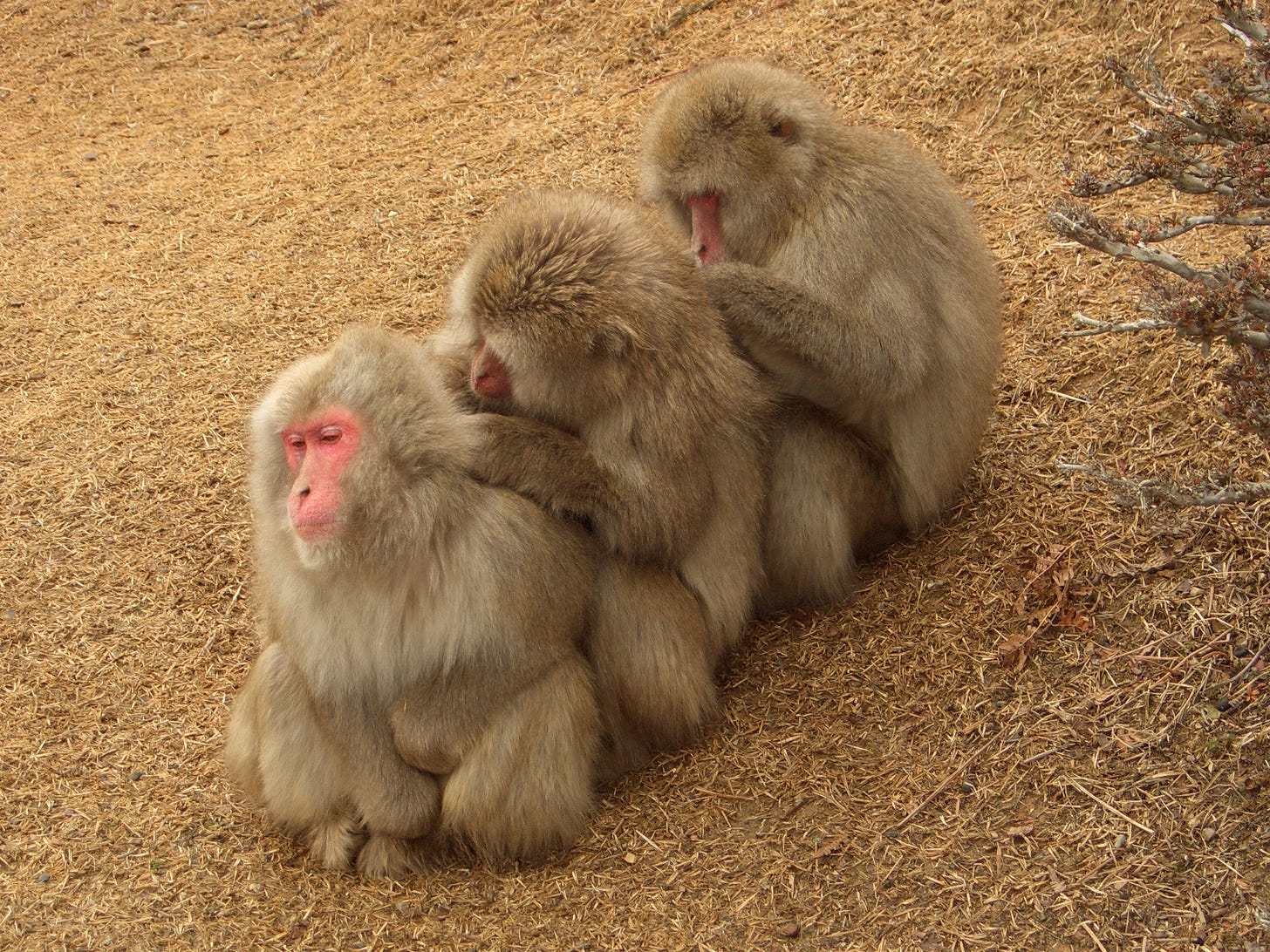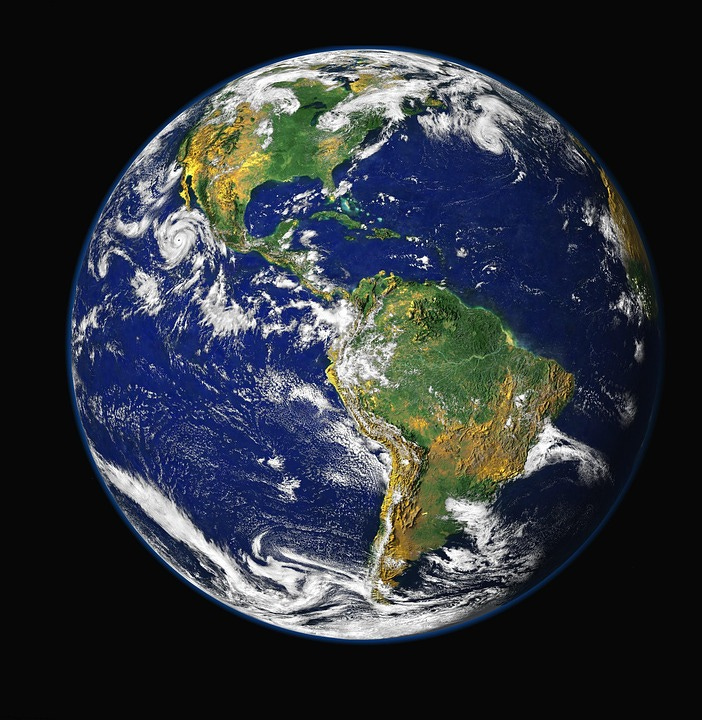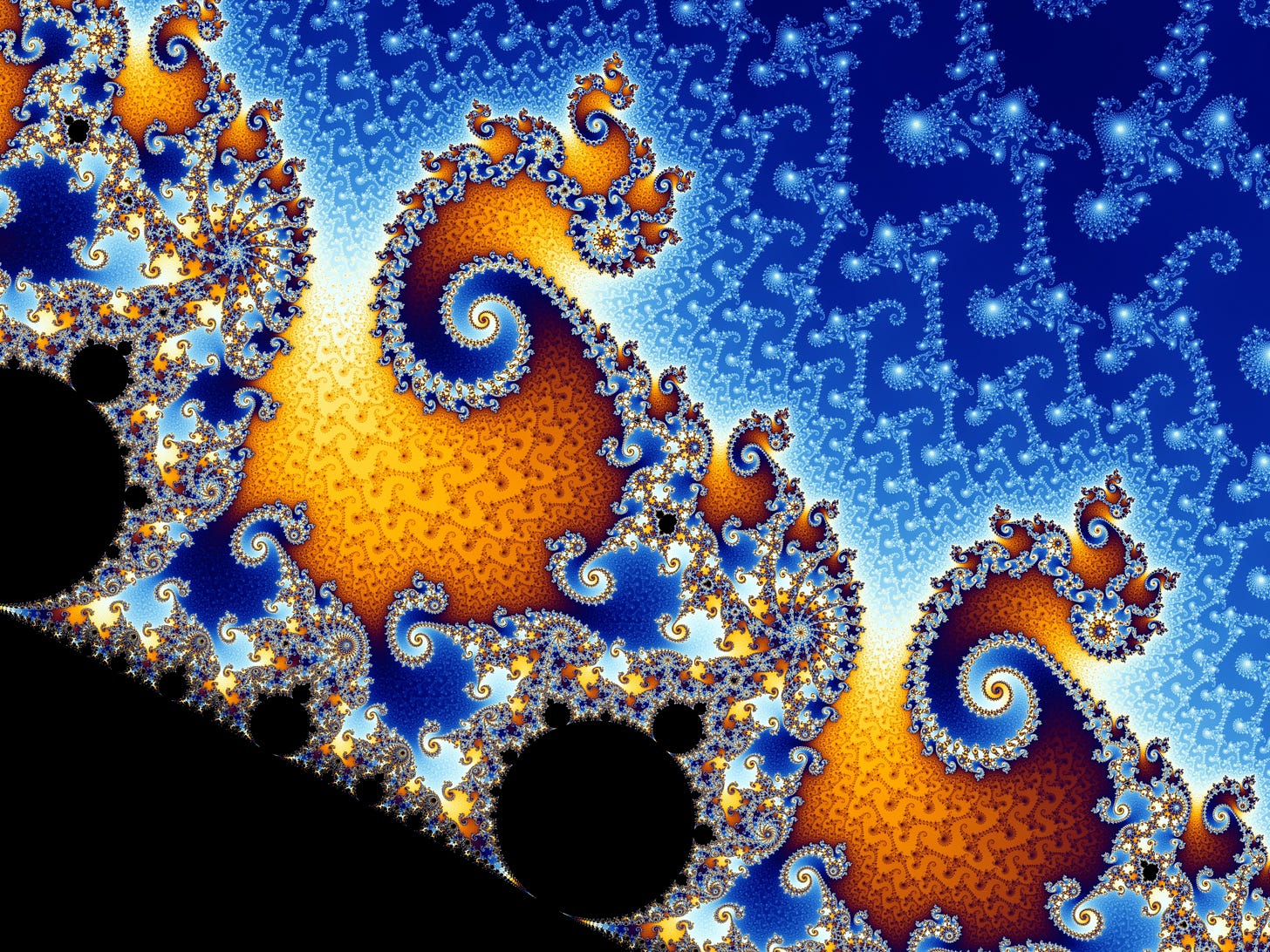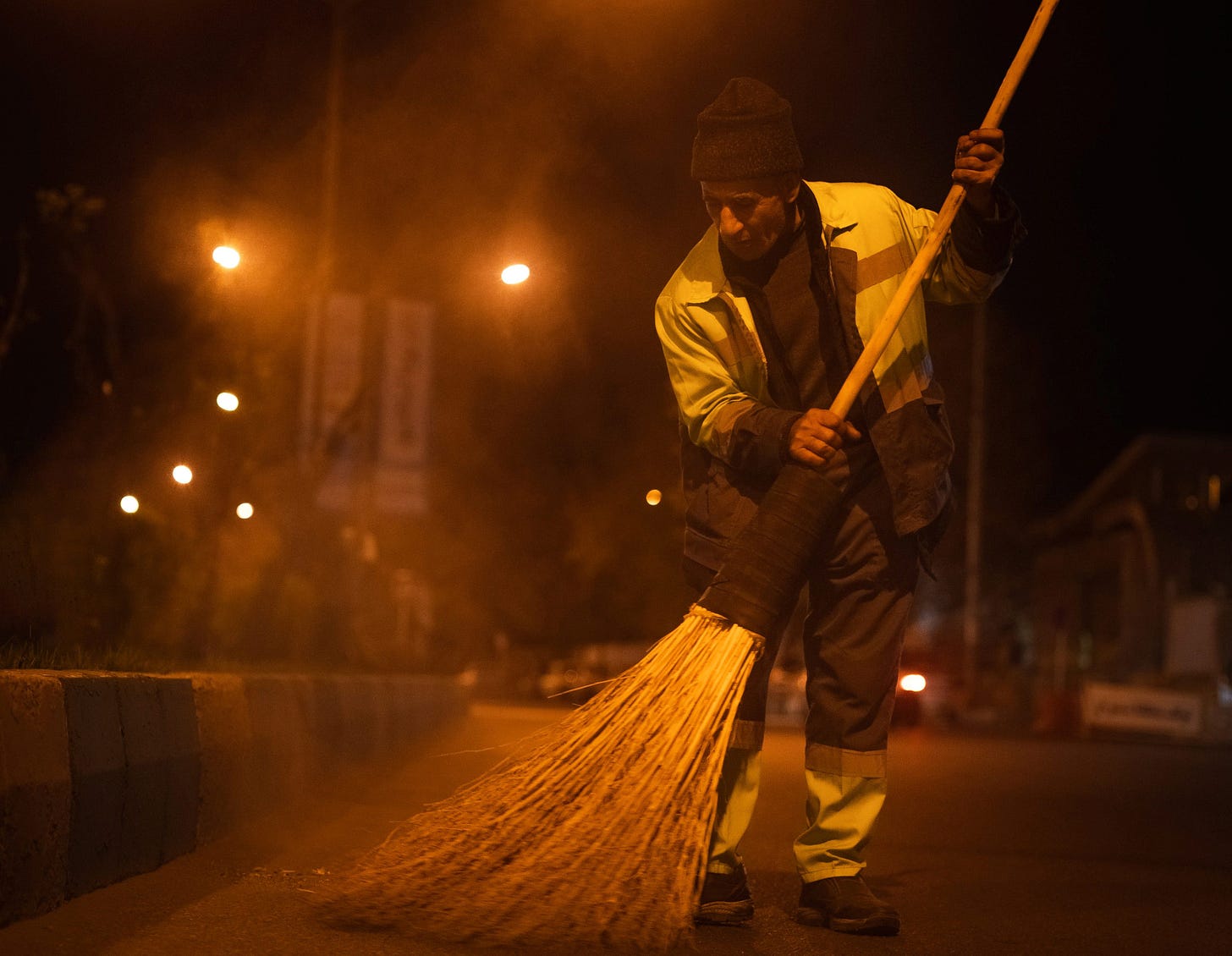I knew two poor people who lived in a tent in a spiritual corner of Buda Hills, well within the Budapest city limits. They were Hungarian refugees from one of the post-Yugoslav wars. A trendy term would be homeless, but this somewhat degrading word is inaccurate for several reasons. For one they did have a home in the form of their tent, albeit not very spacious and definitely inadequate in the winter. For two they were protected by the “Zone” (as one of my friends named the old stone quarry after the Tarkovsky movie). Thirdly they had a place of refuge in the Indian reservation mockingly called the country of Hungary. This last one did not give them much but at least bullets were not whistling and they could speak their mother tongue without negative consequences. Finally, they also had our common home, this magnificent planet, Earth.
The two men kept a model order in the Zone. Earlier when a solstice or other cosmic event called us to visit this power place we usually found some plastic bottles and other junk to take away. The new guardians of the Zone appropriated this task for themselves. While they were there, they didn’t allow as much as a cigarette butt to disrupt the harmony of the holy site.
Years earlier I developed the habit of collecting some pieces of junk in the forest, thereby restoring the order of things. Recovering the honor of the woods in at least a small, pretty clearing or forest grove gave me a liberating feeling. This could develop into a movement – I thought. Most hikers are good people. If every normal person picks up a few bottles on every trip, the woods will become and remain clean.
I fantasized about the name of the movement and where the Holy Mission could be promoted. Or perhaps something already exists, I just need to establish a local chapter. The mirage quickly faded; who has time for such things, after all, but I have continued cleaning because it felt good. Don’t think of it as a task, I just allow myself to pick up a few pieces of garbage from places where it makes a difference. Sometimes I don’t feel like it and don’t do it. Other times I put them in a plastic bag which gets fixed onto my knapsack. Having some stuff to put into the recycle bin when returning from the woods gives me a sense of satisfaction.
Not long ago I noticed several of my friends doing the same, completely independently. Sometimes we just wink at each other, each continuing on their own. At other times we fill up a larger bag, taking turns to carry it with an inflated chest as is proper for true, Forest Saving Heroes who dare confronting the inane destructiveness of consumer society.
The Movement has started by itself.
A cleaning boat on the river Tisza in the yearly competition called PET Cup. The boats, themselves built out of garbage, race for collecting the most junk.
According to some sources when the spin of one of two entangled electrons flips, the spin of the other changes instantaneously, even when they are far apart. And you probably have heard the tale of the Hundredth monkey in Japan: Once a certain number of monkeys in a horde learned to wash sweet potatoes, supposedly other, distant hordes started doing the same thing.
These allegations are, of course, debated, but my point is not if they are literally true or not. We can think of them as metaphors depicting a different-than-usual world view. The world, in all likelihood, does not work like the XIXth century clockwork universe suggests. Just consider all those scientists that had discovered something but got no credit because another scientist from a richer country discovered the same thing at about the same time. You can think about this in an esoteric way, presuming that information somehow moves between seemingly unconnected places. Or it might be that the mental capacity of humanity just becomes ripe for that kind of thing. However it is, we can begin to take note that we are a part of a larger intelligence. When you liberate a patch of forest from four plastic bottles and three beer cans, you can trust that others are doing the same and together it will make a difference.
This is how many systems work, including your immune system. One immune cell will not cure an infection but if all immune cells do their job your body will heal. The same is true for society. When it will be normal for people to behave as if the Earth was ours, Earth will heal.
But why do people litter? When inner harmony is compromised, it will show up in external deeds and the environment. (Littering in hot countries is somewhat different. How banana leaves were switched for plastic is a different story that might be told another time.) Yes, I can get angry seeing junk in a beautiful field of Corydalis. But on a deeper level I feel compassion, as for a mad dog who is not to blame for having been bitten. Mr. Plastic Flinger likewise got bitten by the deranged dogs of advertising. It is so good that I’m healthy and can bend down for a few bottles, even better that I can tell you having seen others do the same. You can also do it if you want, together with sharing this article with someone you know is intelligent enough to understand: The pattern is more important than the quantity.
Source: Wolfgang Beyer https://commons.wikimedia.org/w/index.php?curid=322042
Picking up garbage, of course, is only symptomatic treatment. The real solution is not to produce any. In my circles we hardly ever buy food (or for that matter, anything) in disposable packaging. You have a garden, your friends have gardens, there is the farmers’ market and the bulk store. We get much better food with zero waste than what you find in the supermarket. This way of life, where you have no garbage to put out is worth a separate article. The question now is how to handle your emotions when encountering garbage in the world.
I’ll tell you a story so didactic, it’s hard to believe. It actually happened, a few years ago, in Budapest. The place was a tram stop on the Buda side. I was waiting for the tram 4 or 6, pacing up and down, as usual, every time stepping over the same discarded tissue. When it happened about the fourth time, I noticed it was bothering me. My sense of aesthetics was complaining and I was also unsatisfied with myself for behaving like an indifferent dimwit. The not-so-complicated solution was to pick it up. What, in front of everyone? It is not right that someone just drops it and I have to do their work like some kind of a servant or street cleaner.
O.K., but it’s here now – I thought. If I don’t pick it up, who will? And the point is not others’ feelings, but mine. What feels better for me, leaving it or picking it up? It was very clear that picking it up would have felt better but I hesitated. What would people think? Who is this busybody fixing things in a public place? This is not that kind of society any more, the cool thing is to make a bored face and pretend not to care about the decadence all around. And I should touch someone’s snotty tissue? Yuck! O.K., I’m a tougher guy than that. I picked it up by the corner and walked to the garbage bin a few paces away. The bin was almost full, with a bus ticket on top. The ticket was clean, unused. What is this doing here? I put the tissue into the bin and lifted out the bus ticket. It wasn’t one, but a bunch. Seventeen perfectly good bus tickets were left on top of the garbage bin in plain view. If I hadn’t thrown out the tissue, I wouldn’t have noticed. Who eyes the content of garbage bins, after all? The whole thing was like a far Eastern teaching tale. For a few days I walked around like some kind of public transportation Rockefeller handing bus tickets to all my friends.
When you act for the greater good – and it is not a sacrifice because you are included in the benefits – amazing powers open up within you. This is pleasant in itself but there is more: it is as if you found yourself in a different universe. When you stop being a myopic insect and become an eagle soaring high in the sky, new dimensions become accessible.
The important question is: What really is the greater good? Many ecstatic messiahs are engaged in stupid activities. A number of apparently good deeds like certain forms of foreign aid do not help in the long run, rather the opposite. What does?
There is, fortunately, a higher intelligence that puts things right. It is called Nature. We don’t have to figure everything out by ourselves. One of our tasks now on Earth is to allow natural systems to regrow.
This requires a fundamental attitude change in society and will not happen overnight. But we can begin small. Planting native bushes in our gardens for birds to nest in, leaving nettles for butterflies to feed on. Thinking what we could do on a larger scale for Nature to make a comeback.
The few bottles purged from the forest are symbolic. An indicator that yes, we can have an effect on the world, whether we are homeless or a C.E.O. A reminder that we can choose to be an immune cell, a part of the immune system of our planet. We don’t have to be a self-sacrifying type; there are many happier possibilities. As we discover our power we may even do more interesting things. I’m so curious where we’ll be five years from now.
